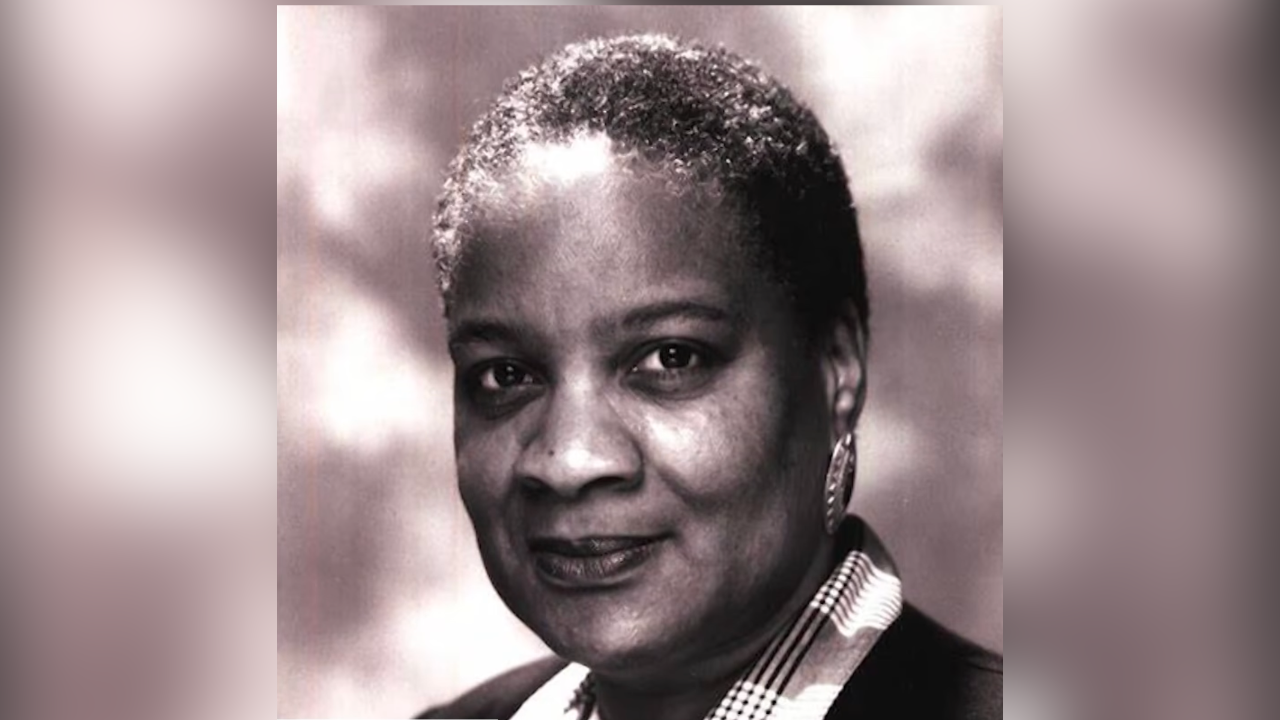Revolutionary Assata Shakur has Died at Age 78

The Cuban Ministry of Foreign Affairs confirmed that Assata Olugbala Shakur, born Joanne Deborah Byron and also known as Joanne Chesimard, passed away on September 25, 2025, in Havana, Cuba, citing health complications and her advanced age. We must reflect deeply on a life that, through exile and resistance, left an indelible mark on Black liberation struggles in the United States and beyond.
A Revolutionary Life
Assata Shakur was born on July 16, 1947, in Queens, New York, and raised between the North and South. These early experiences with segregation, discrimination, and the realities of American racism shaped her political consciousness. In college, she became an activist — a young Black woman determined to confront the systemic forces denying her community dignity and survival.
Her activism drew her into the Black Panther Party (BPP), where she immersed herself in community programs such as free breakfasts for children, health clinics, and liberation schools. She believed in the Panthers’ radical insistence that poor and working-class Black people deserved not just survival, but power. Yet even within the Panthers, she raised critiques — particularly about gender inequities and the need for deeper political education.
From there, she increasingly aligned herself with what she called the Black Liberation Movement, a broad and diverse struggle that included not only armed self-defense but also grassroots organizing, mutual aid, and cultural resistance. In her own words, the fight was not simply against racism but against imperialism, capitalism, and all forms of oppression.
Targeted by COINTELPRO
Assata’s rise in activism coincided with the height of COINTELPRO, the FBI’s counterintelligence program designed to “neutralize” Black leaders and organizations. She became one of the most heavily surveilled and targeted figures of her era.
Law enforcement sought to tie her to nearly every act of militancy attributed to the Black Liberation struggle. Court cases and indictments piled up — often weak, sometimes dismissed — yet they served their purpose: to keep her behind bars, drain her resources, and criminalize her activism.
Her most infamous legal battle followed the 1973 New Jersey Turnpike incident, where Trooper Werner Foerster was killed in a shootout. Gravely wounded, Assata maintained she never fired a weapon. Evidence later supported her claim: she was shot with her arms raised, paralyzed at the time, and had no gunpowder residue on her hands. Still, in 1977, she was convicted of murder in what many activists and scholars consider a political trial.
The U.S. Senate’s 1976 Church Commission report on intelligence operations inside the USA, revealed that “The FBI has attempted covertly to influence the publics perception of persons and organizations by disseminating derogatory information to the press, either anonymously or through ‘friendly’ news contacts.
Exile and the Making of a Symbol
In 1979, she escaped prison and eventually gained asylum in Cuba, where she lived for more than four decades. Though in exile, she never abandoned the movement. Instead, she became a beacon for Black radicals worldwide, a living testament to survival against overwhelming odds.
Her autobiography, Assata: An Autobiography, published in 1987, gave her the space to tell her story in her own voice. It has since become a foundational text for students of liberation, activists, and artists alike. In it, she spoke not as a criminal, but as a mother, thinker, and revolutionary who loved her people deeply.
Perhaps her most enduring words are those that continue to echo in rallies and classrooms across the globe:
It is our duty to fight for our freedom. It is our duty to win.
We must love and support one another.
We have nothing to lose but our chains.
Legacy
Assata Shakur was many things — a daughter of the diaspora, a Panther, an exile, a teacher, a poet, and a revolutionary. To the U.S. government, she remained a fugitive and “terrorist.” To countless others, including us, she was a freedom fighter whose very survival represented defiance against a system determined to silence her.
In remembering her life, we are reminded not only of the woman but of the movement she carried forward — a movement that insists Black people have the right to be free, to resist, and to live fully without fear of state violence.
With her passing, Assata Shakur joins the ranks of ancestors whose names are not merely remembered but invoked in ongoing struggles for justice. Her spirit will endure in our chants, our organizing, and our unshakable belief that another world is possible.
Rest in power, Assata Shakur. Your words and your fight live on.
Like most poor and oppressed people in the United States, I do not have a voice. Black people, poor people in the U.S. have no real freedom of speech, no real freedom of expression and very little freedom of the press. The black press and the progressive media has historically played an essential role in the struggle for social justice.
– Assata Shakur, In Her Own Words
What's Your Reaction?
 Like
0
Like
0
 Dislike
0
Dislike
0
 Love
0
Love
0
 Funny
0
Funny
0
 Angry
0
Angry
0
 Sad
0
Sad
0
 Wow
0
Wow
0




























